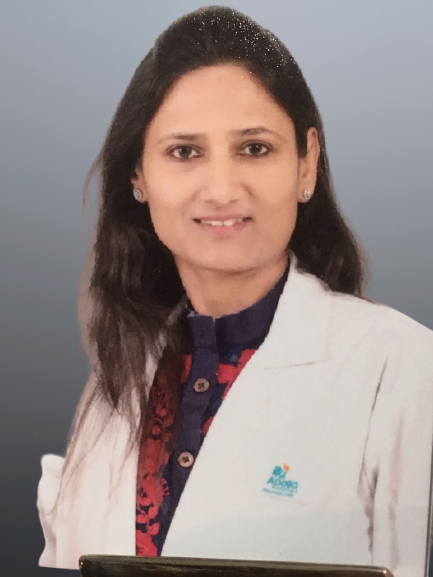Best Doctors for Endometriosis in Indore
Endometriosis is a chronic and often painful condition affecting numerous women across the globe, including in Indore. It occurs when tissue similar to the lining of the uterus, known as endometrium, grows outside the uterus on other organs. Most commonly, this includes the ovaries, fallopian tubes, and the tissue lining the pelvis. Although the precise cause remains undefined, it’s generally believed to result from retrograde menstruation, where menstrual blood and endometrial cells flow back through the fallopian tubes and implant on pelvic organs. Genetics, hormonal imbalance, or immune system disorders are among potential predisposing factors.
Consequently, the demand for endometriosis specialists has seen a steady rise in Indore. Fortunately for its residents, Apollo Hospitals in Indore house some of the best endometriosis doctors in the region, offering patient-oriented care and targeted treatment strategies. The process of understanding this disease further will be discussed in subsequent sections.






 Call Now
Call Now



